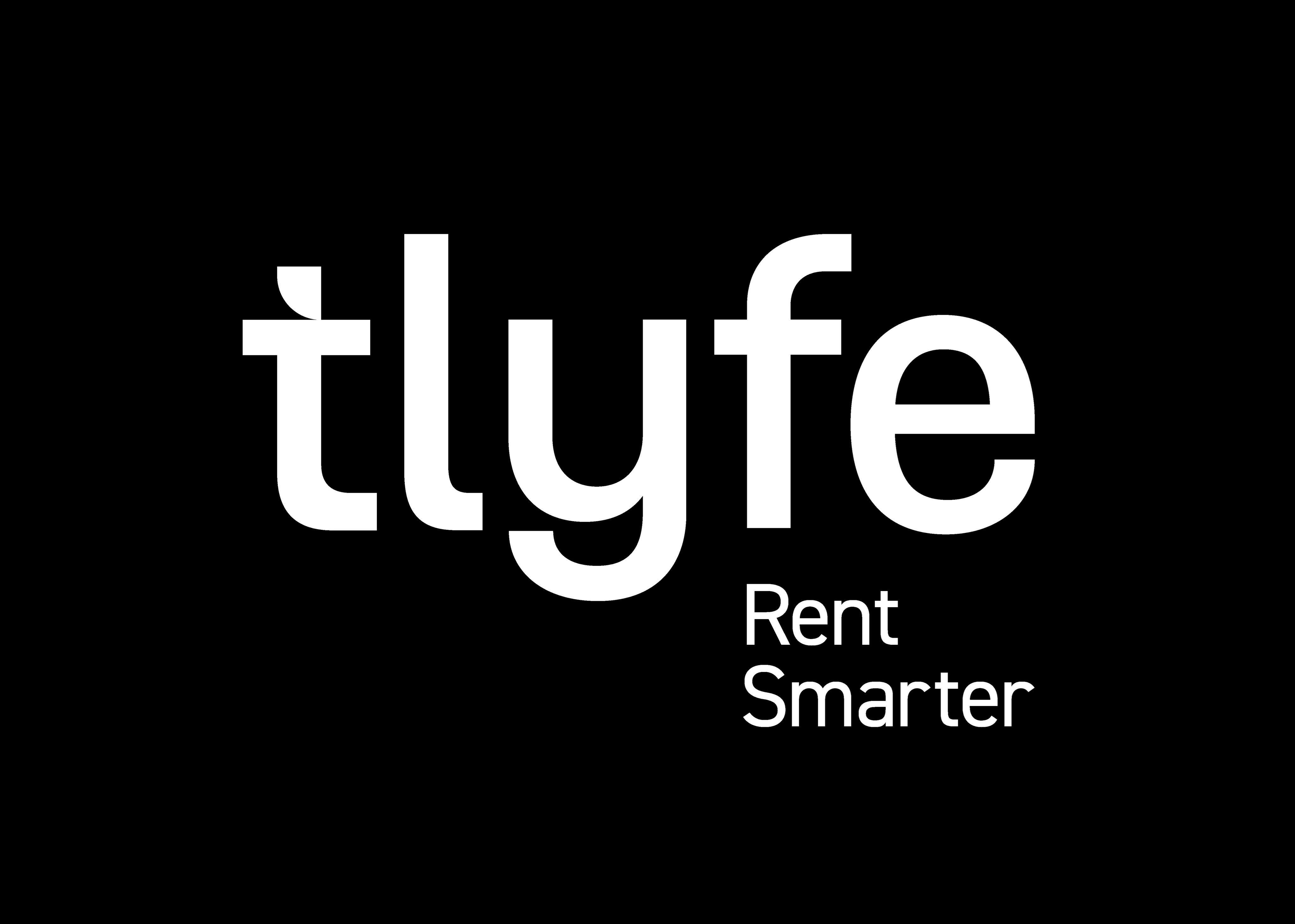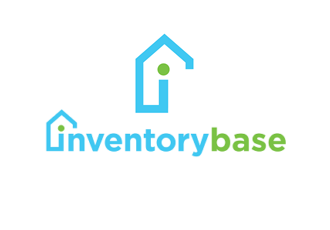tlyfe – tenant facing app adds new service layer for users
tlyfe, the leading tenant app, is excited to announce the launch of its new Home Concierge service, powered by their partnership with Home.cc. Designed to provide renters with unparalleled support, this innovative feature offers real-time chat with property experts, ensuring tenants receive personalized assistance for any aspect of their tenancy—without relying on AI or bots.
Revolutionizing Tenant Support with Human Touch
The Home Concierge service is an enabler for tenants, giving them all the knowledge they need at the critical point they need it. Whether you’re dealing with maintenance issues, navigating lease agreements, or seeking advice on rental rights, our team of property experts is just a message away. With tlyfe, you can have peace of mind knowing that professional, human assistance is always available in your pocket.

Introducing New Services in the Marketplace
But that’s not all. The tlyfe app now offers a range of new services in its marketplace, making it easier than ever for tenants to manage their homes. Need a cleaner? Book one directly through the app. Looking for the best deals on energy, telco, and broadband suppliers? tlyfe has got you covered, ensuring you save time and money by finding the best options available.
Fresh Look, Same Great Experience
In addition to these new features, the tlyfe app has just undergone a complete reskin. With a sleek, modern design, the app is more user-friendly and visually appealing than ever before. Navigating your tenancy has never been easier or more enjoyable.
For more information, click on this LINK or download the app from the App Store or Google Play.
Inventorybase analysis on how to become a compliant Landlord
Over the decades numerous people in my circle have become ‘accidental landlords’ either through moving in with a partner or through inheritance etc. Some have become Landlords in a more planned way as part of a pension strategy, or to generate a second income. When these friends ask me what is involved in becoming a Landlord, knowing I was one starting back in the 1980’s, my eyes begin to roll skyward as there are now so many things to consider.
Luckily, I came across a really great article written earlier this year by someone I consider to be at the pinnacle of her game, Sian Hemming Metcalfe – Operations Director at Inventory Base who provides a great overview of what being a Landlord actually means.
‘Being a landlord can often feel like a daunting task. With an array of legislation and procedures to follow, it’s easy to see why many landlords wish for a helping hand—a guide to ensure they stay compliant and foster positive relationships with tenants. Thankfully, such a resource exists, designed to assist landlords in navigating these challenges effectively.

The Portsmouth & District Private Landlord’s Association (PDPLA), established in 1985, has come to the rescue by creating a comprehensive landlord checklist tailored for renting properties in the UK. This guide summarizes the checklist, which outlines crucial documents, tasks for different stages of tenancy, and helpful resources for landlords. While this checklist serves as a valuable tool, it’s important to note that it doesn’t cover every scenario and shouldn’t be taken as legal advice.
Proper documentation is key to protecting both landlords and tenants, ensuring safety and legal compliance. A well-prepared landlord can avoid potential fines or legal disputes, allowing for a smoother and more secure rental experience. However, before diving into the checklist, it’s essential to confirm that you are legally permitted to rent out your property. Some mortgage agreements and buy-to-let terms may impose restrictions on who can rent the property, so it’s crucial to verify these details first.
To meet legal obligations and provide a safe living environment, landlords must have certain documents in place. These include buildings insurance, landlord insurance, a gas safety certificate, and an energy performance certificate (EPC) with a minimum rating of ‘E’. Additionally, landlords need an Electrical Installation Condition Report (EICR) and other certificates relevant to any electrical installations or modifications, such as an Electrical Installation Certificate (EIC) or a Minor Electrical Installation Work Certificate (MEIWC).
Ascendix says AI in mortgage lending is expected to reach $10.4 billion by 2027
Darina Moliva from Ascendix, outlines how AI is transforming the mortgage industry.
‘In America according to Fannie Mae, 30% of lenders have already adopted or tried AI software. With this figure is expected to climb to 55% by 2025. AI in mortgage lending can cover many traditionally manual tasks. You can extract relevant data from leases, analyse financial data, and predict the risk of loan defaults. Mortgage AI tools are useful in the post-approved stage as well.
With the help of predictive analytics, mortgage AI tools can review your borrowers’ credit reports to find warning signs, like changes in how they borrow or pay. By catching these signs early, you can contact your clients and offer a more affordable repayment plan, which can help prevent them from missing payments. With the help of AI, lenders can speed up application approvals, flag signs of potential fraud, and improve risk assessment.

AI in mortgage lending is built on machine learning (ML) algorithms that ease the lending process. Using data analytics to evaluate risks, creditworthiness, property valuation, fraud detection, and more. It identifies patterns and trends humans might miss. For example, AI can detect that borrowers who make frequent, small payments are less likely to default. This helps lenders make better decisions and reduce risk.
Mortgage lending involves several pain points that complicate the process for both lenders and borrowers. Listed below are just some of the most significant issues:
Lengthy application process: It often requires extensive documentation, such as proof of income, credit history, and property details. This can take weeks or even months to gather and verify. Risk of fraud and errors: Lenders must meticulously review every document to ensure accuracy and authenticity. Incorrect or falsified information can lead to delays and potential legal issues.
Fluctuating interest rates: Fluctuating interest rates make it difficult to secure favourable terms and causing potential delays in finalizing loans. Large volume of documents: Borrowers and lenders handle a ton of paperwork, from initial applications to closing documents. This can potentially increase the risk of mistakes and adds complexity to the process.
Lack of personalized mortgage offerings: Many mortgage products are created to fit broad groups of borrowers rather than being tailored to individual needs. This means borrowers often have limited choices, such as fixed-rate or adjustable-rate mortgages, which may not consider their unique financial situation or future goals. (Picture – Darina Moliva – Ascendix)
Andrew Stanton Founder & Editor of 'PROPTECH-X' where his insights, connections, analysis and commentary on proptech and real estate are based on writing 1.3M words annually. Plus meeting 1,000 Proptech founders, critiquing 400 decks and having had 130 clients as CEO of 'PROPTECH-PR', a consultancy for Proptech founders seeking growth and exit strategies. He also acts as an advisory for major global real estate companies on sales, acquisitions, market positioning & operations. With 200K followers & readers, he is the 'Proptech Realestate Influencer.'












